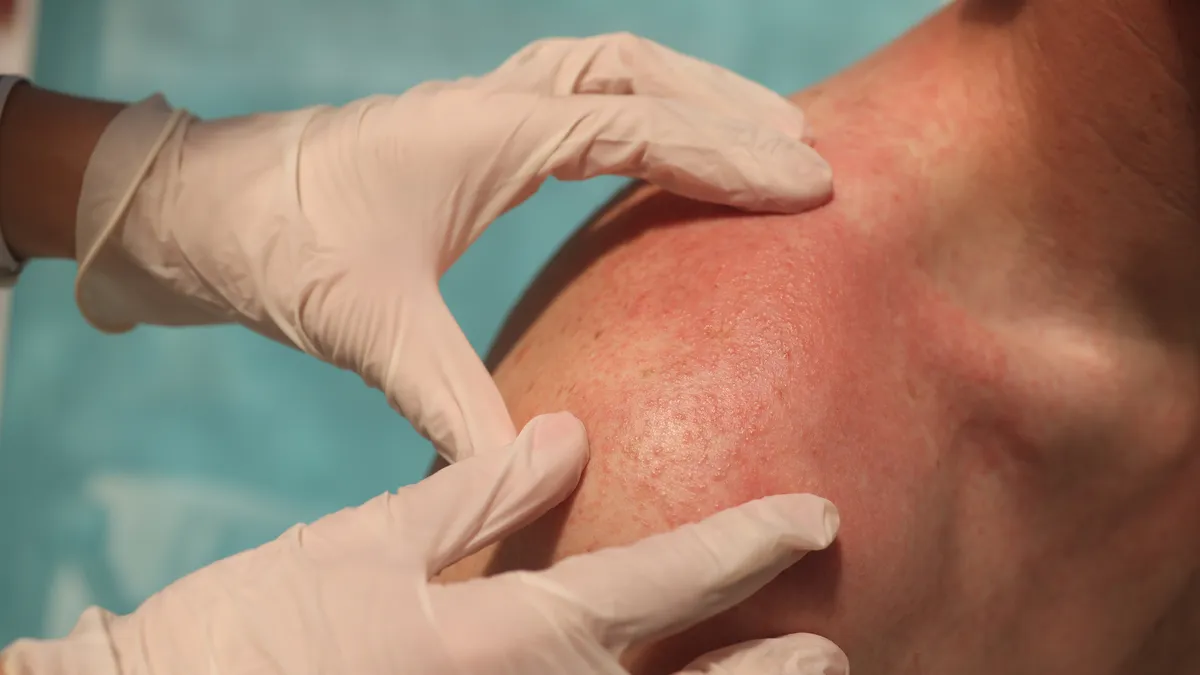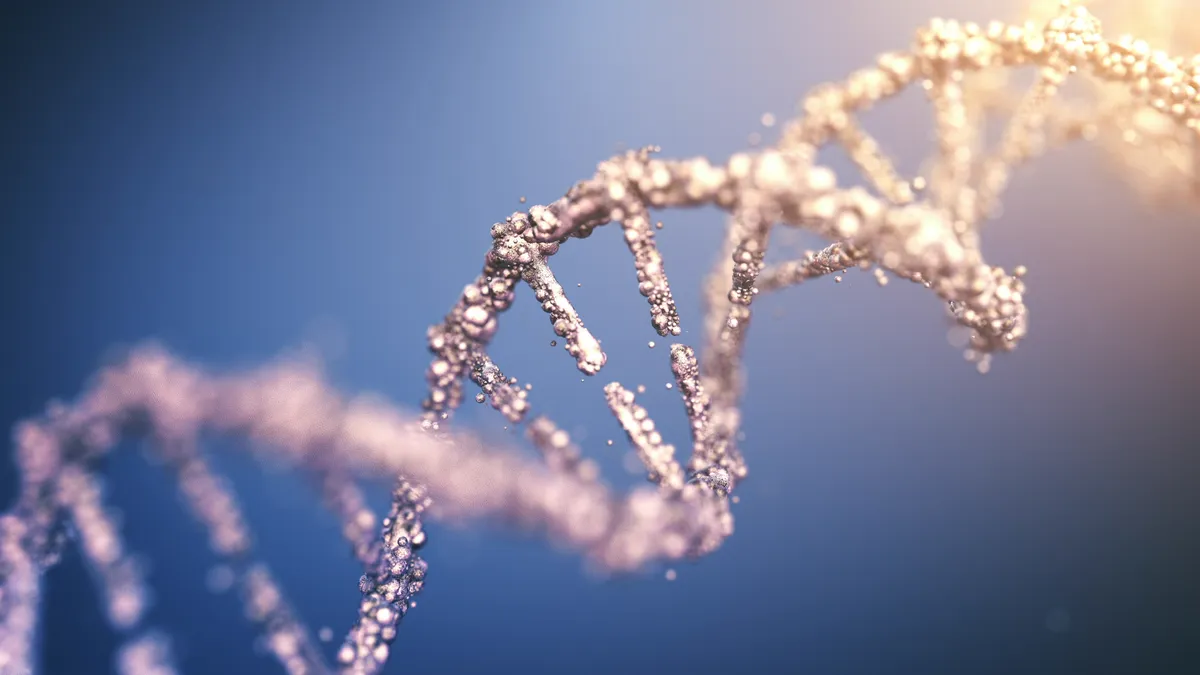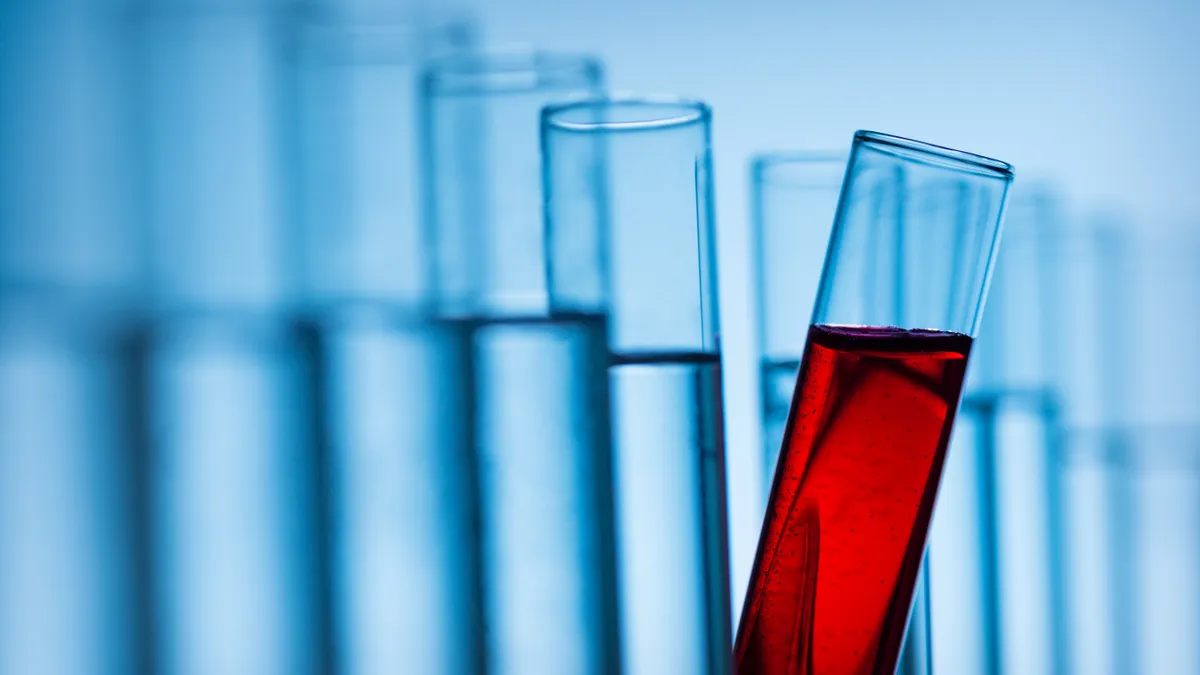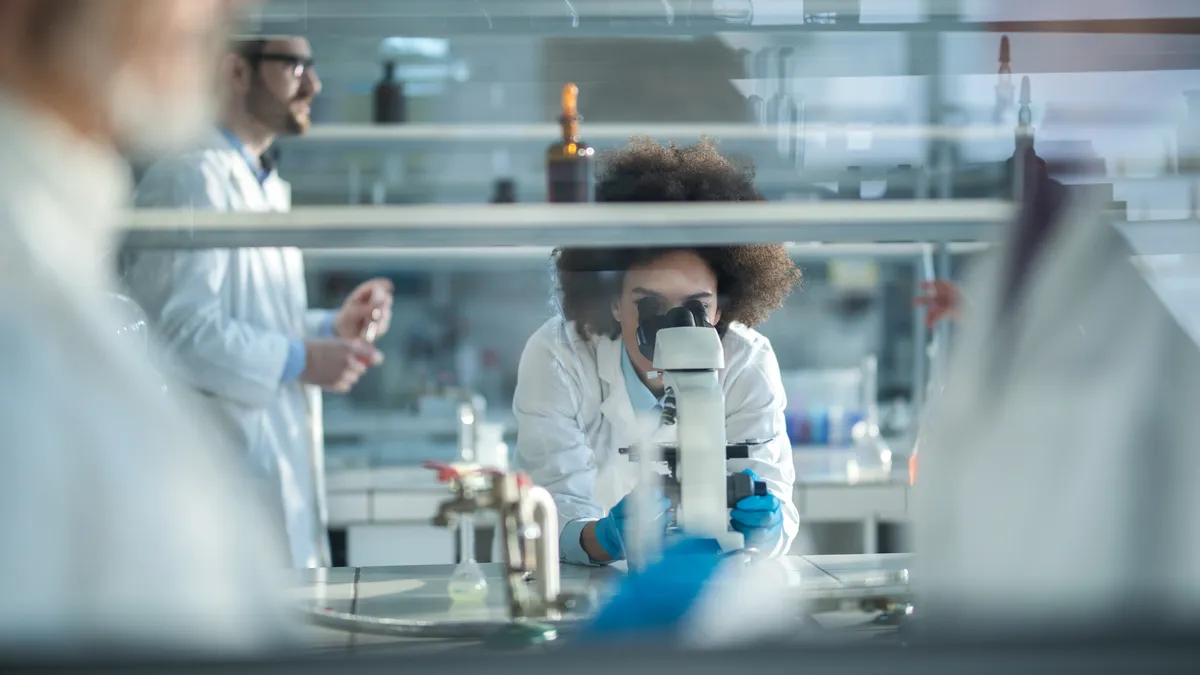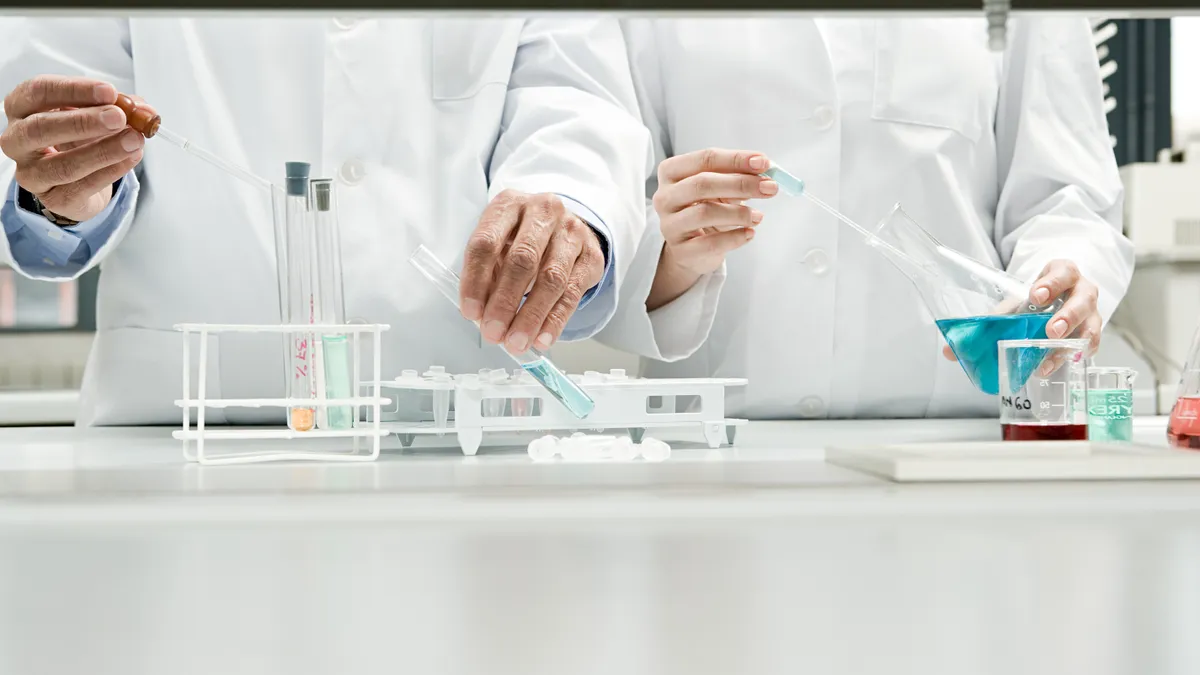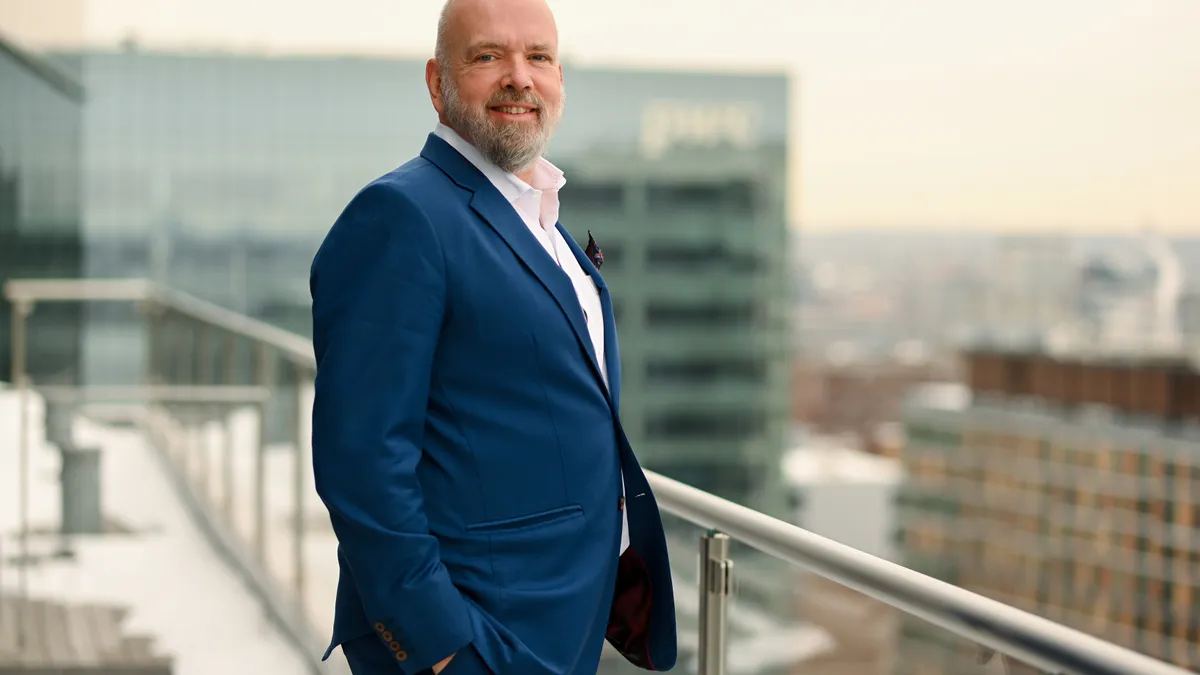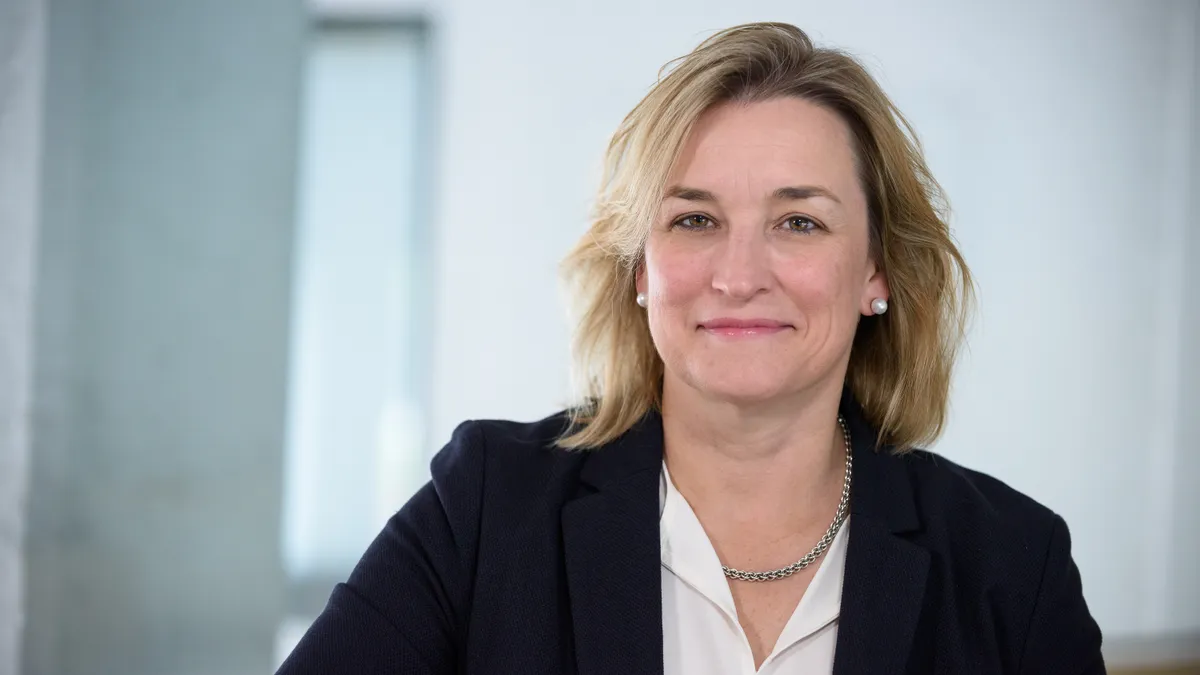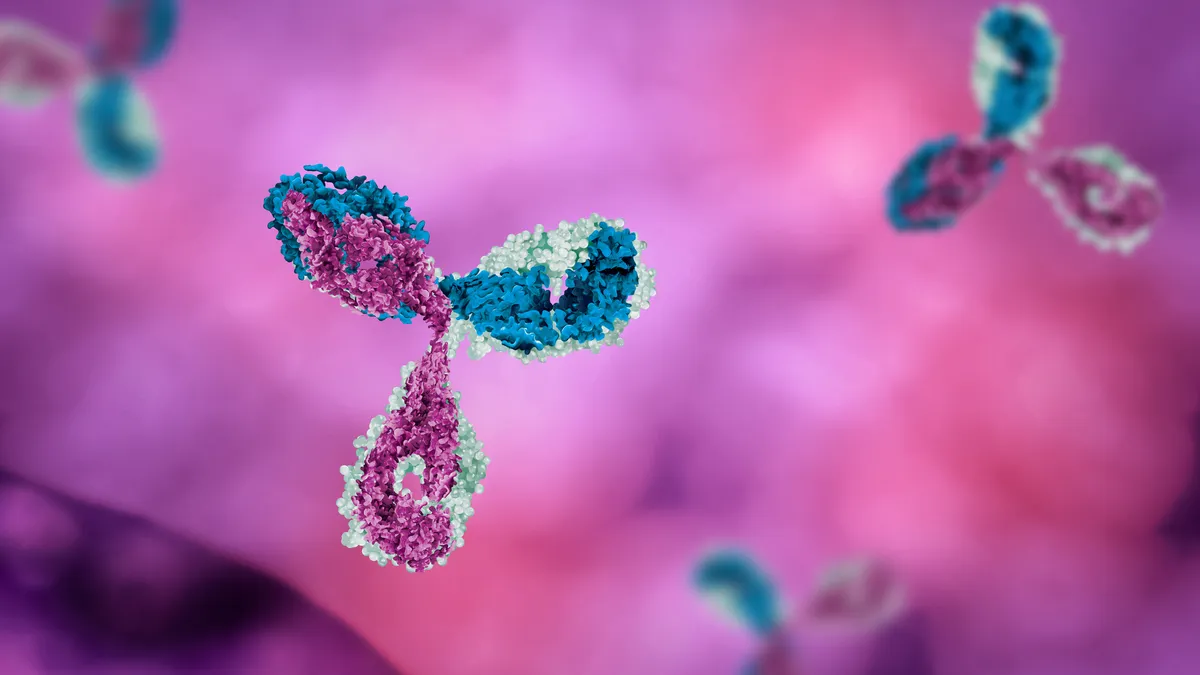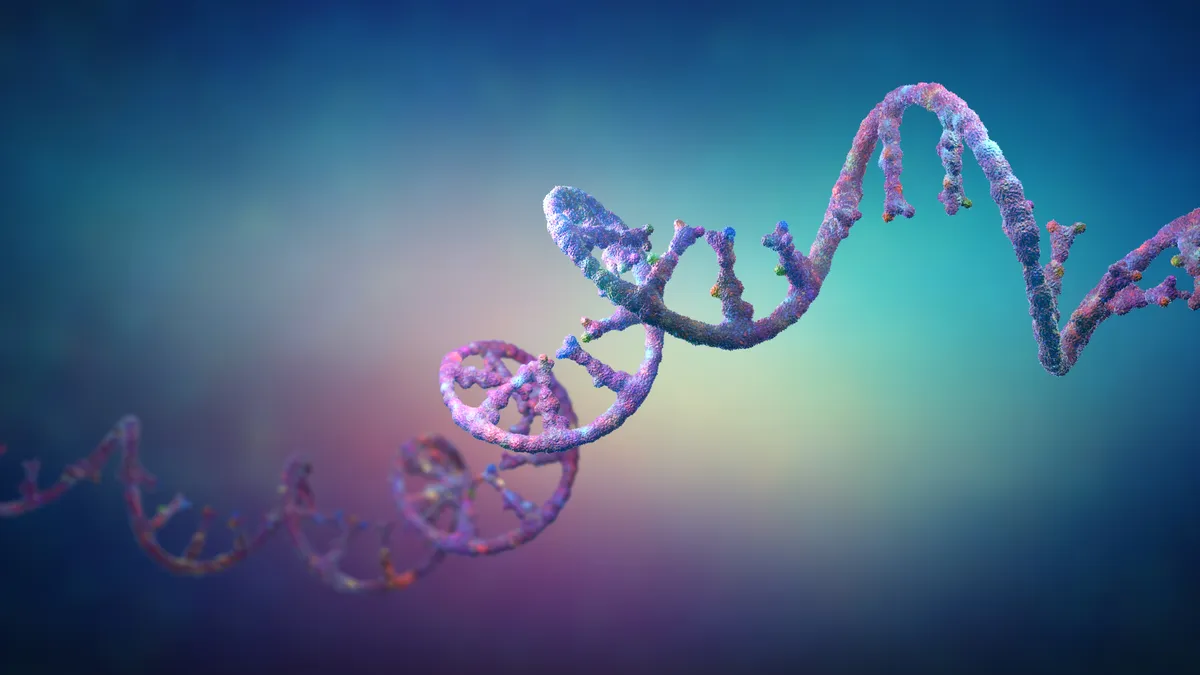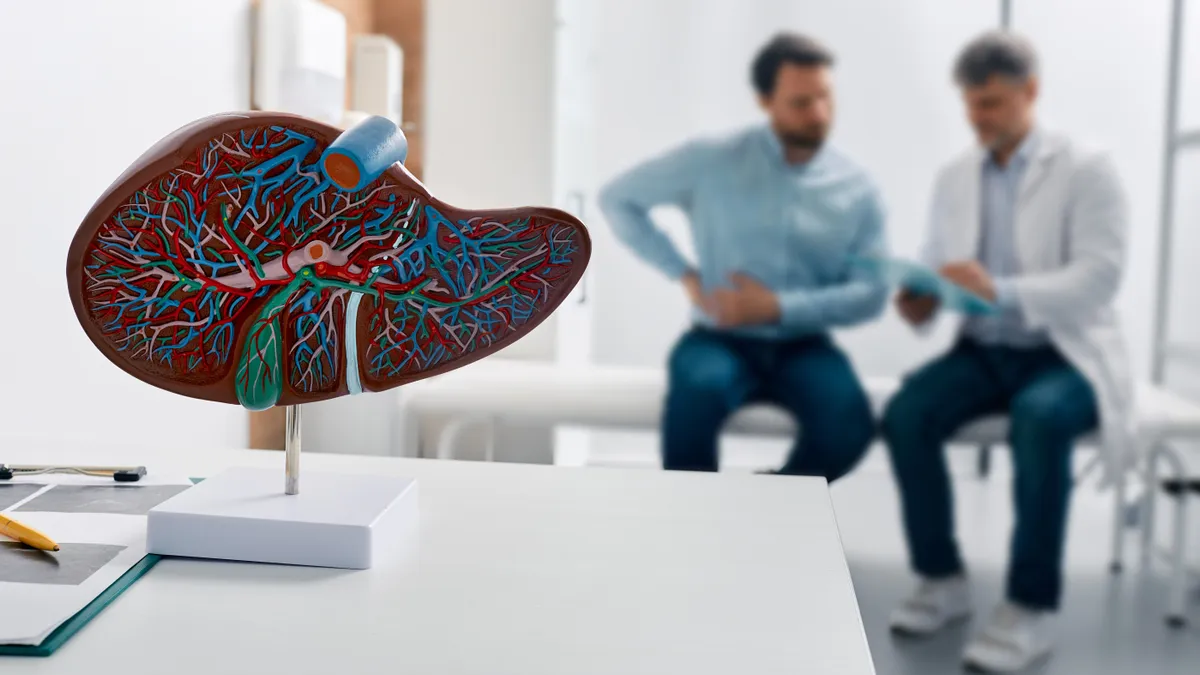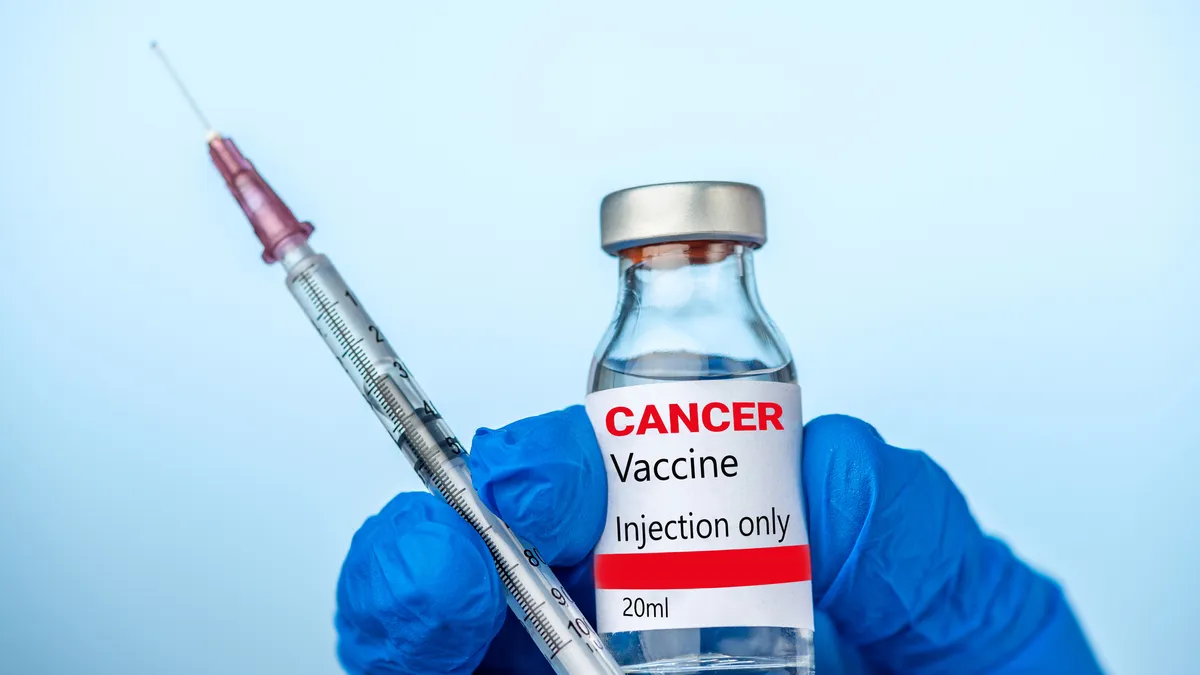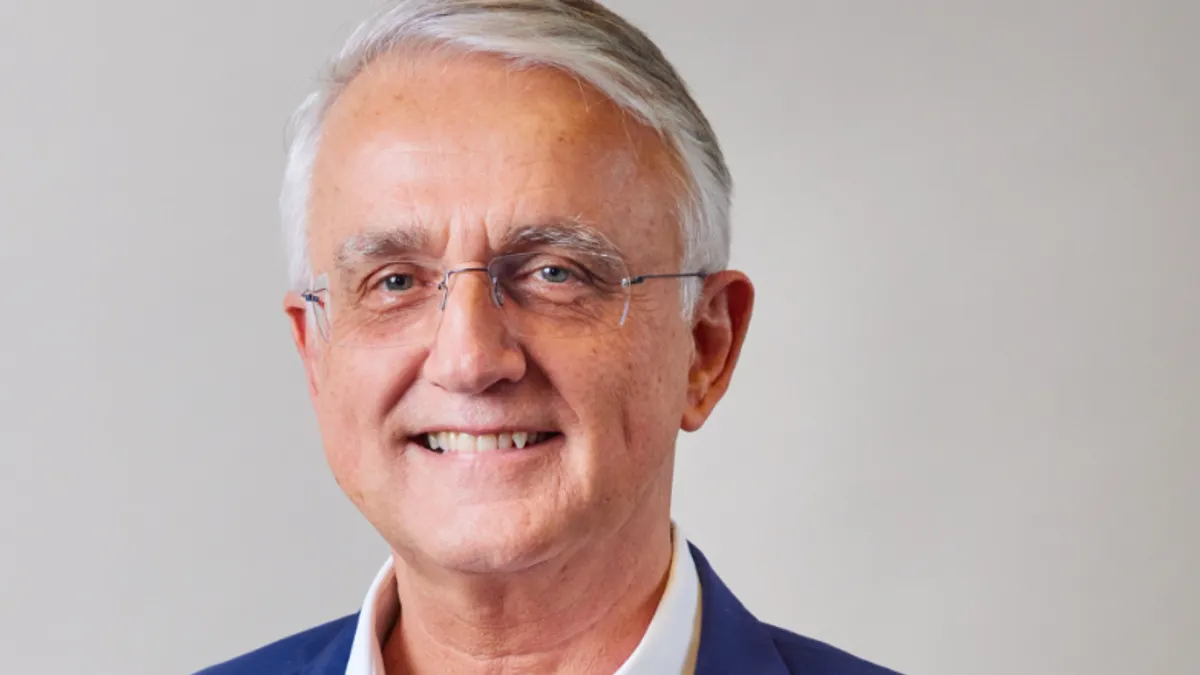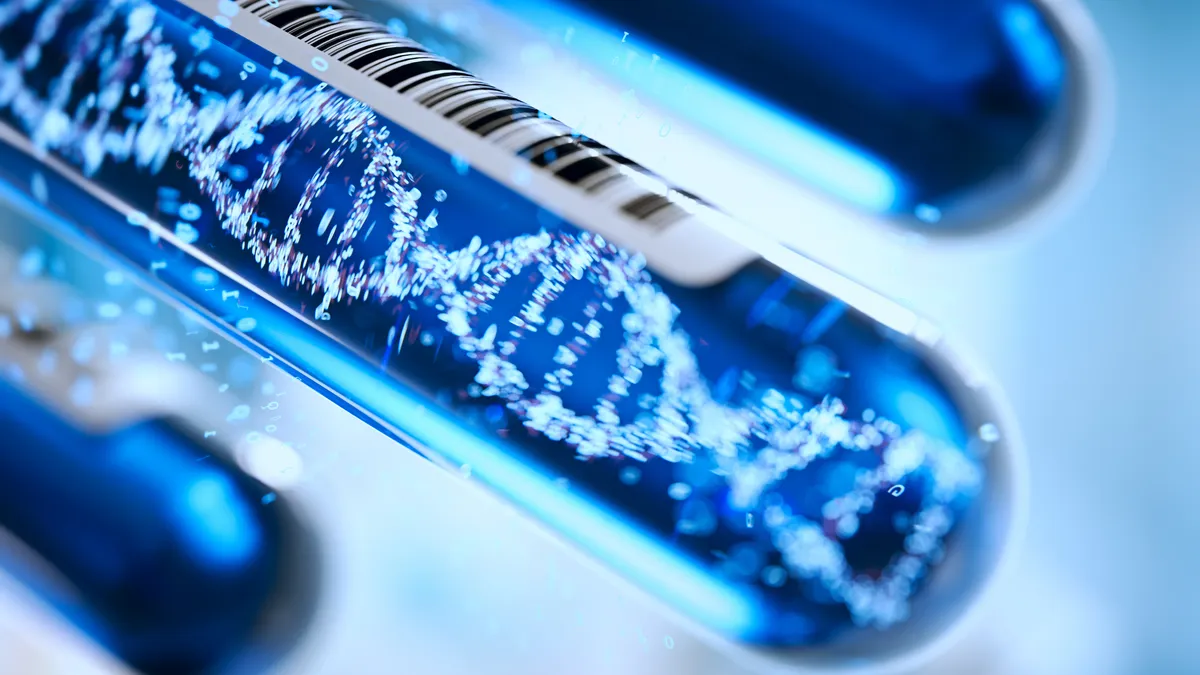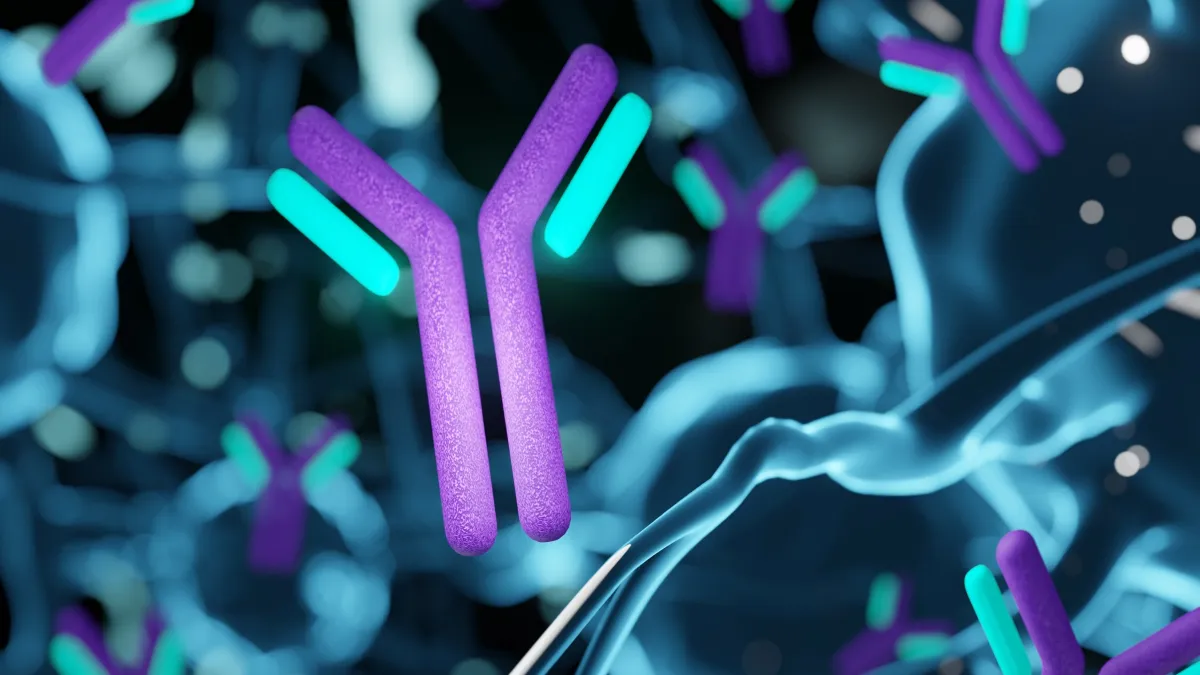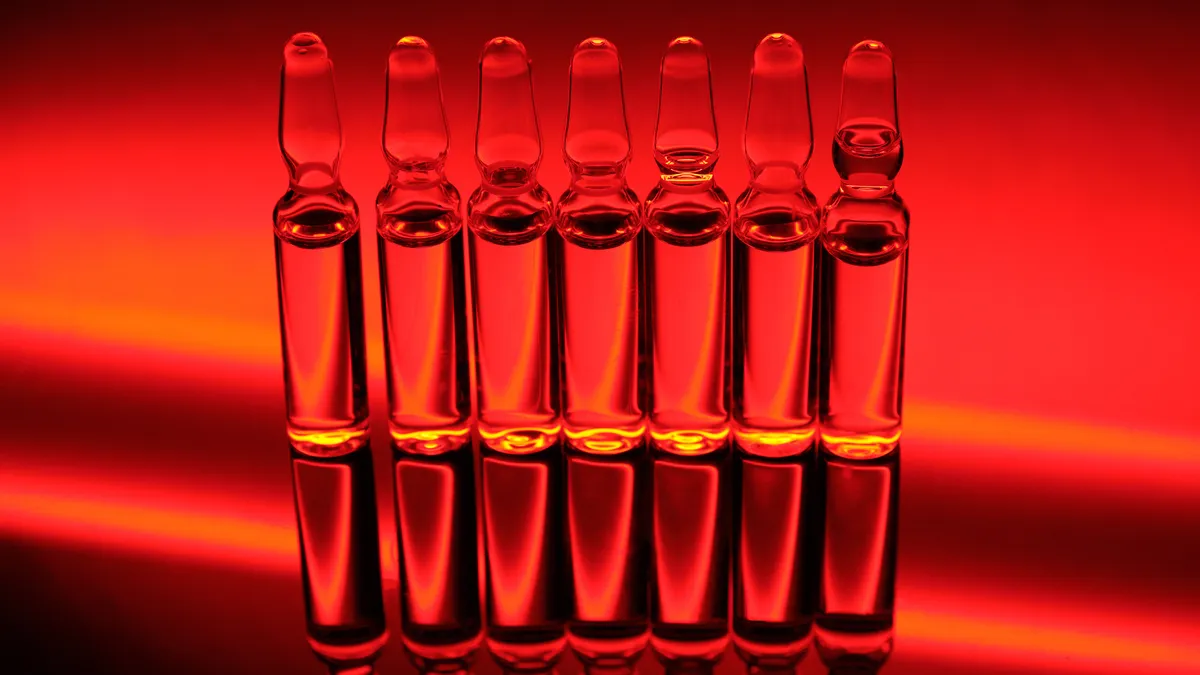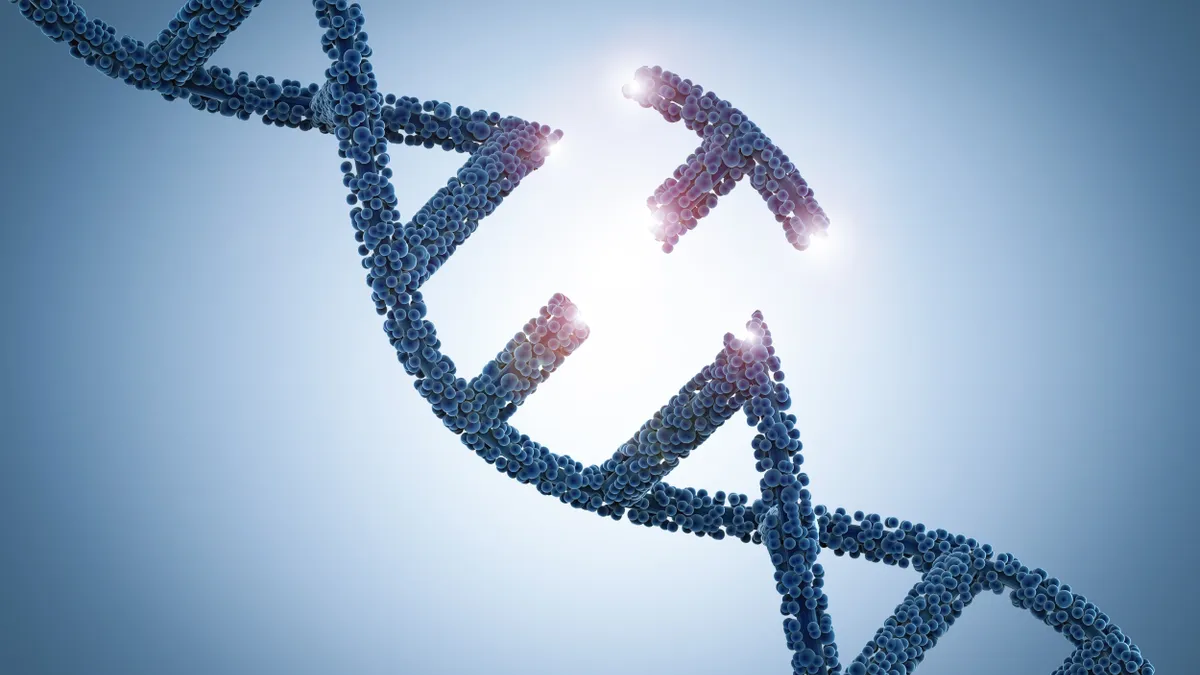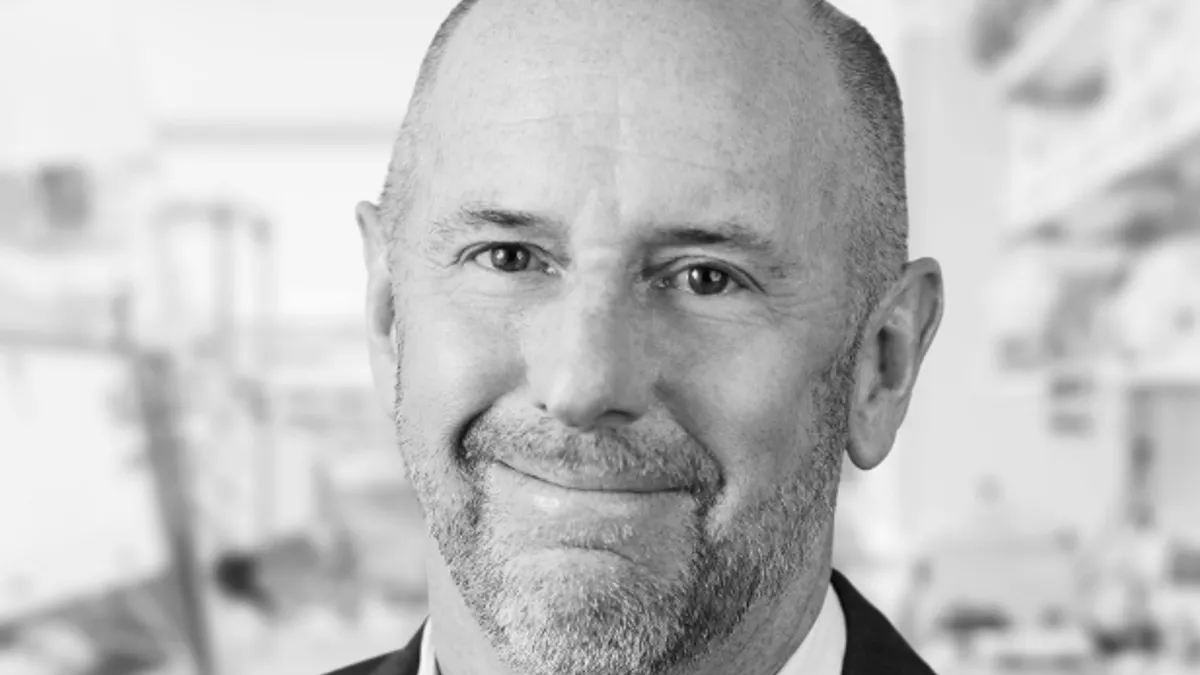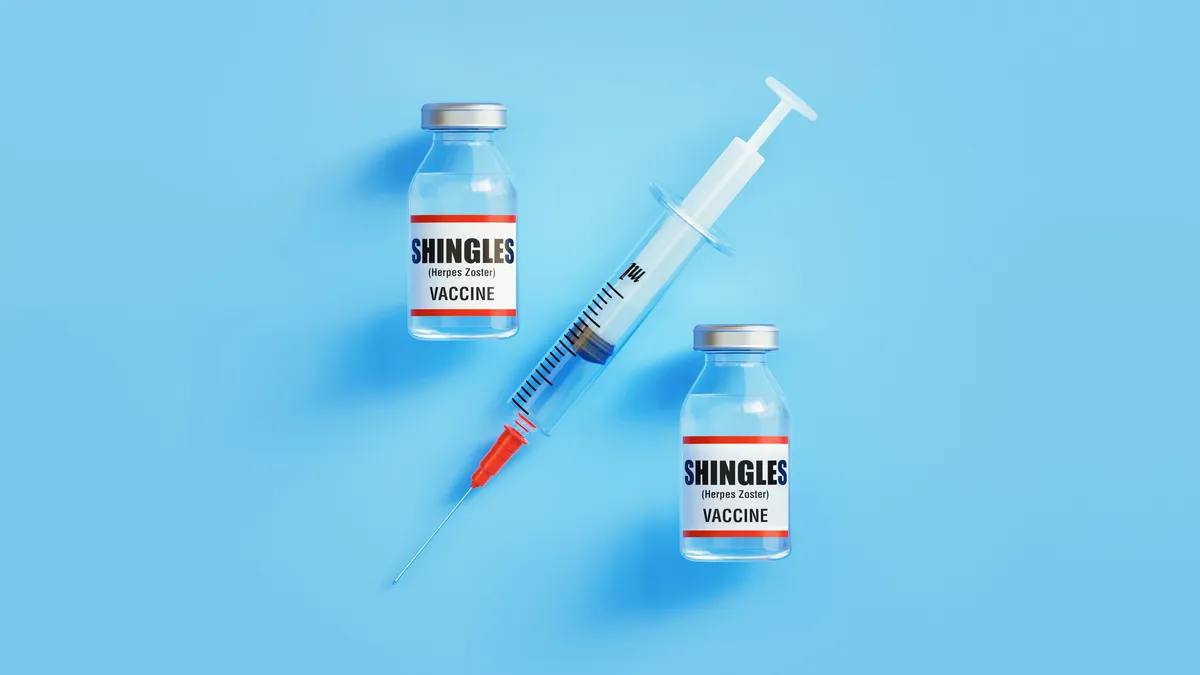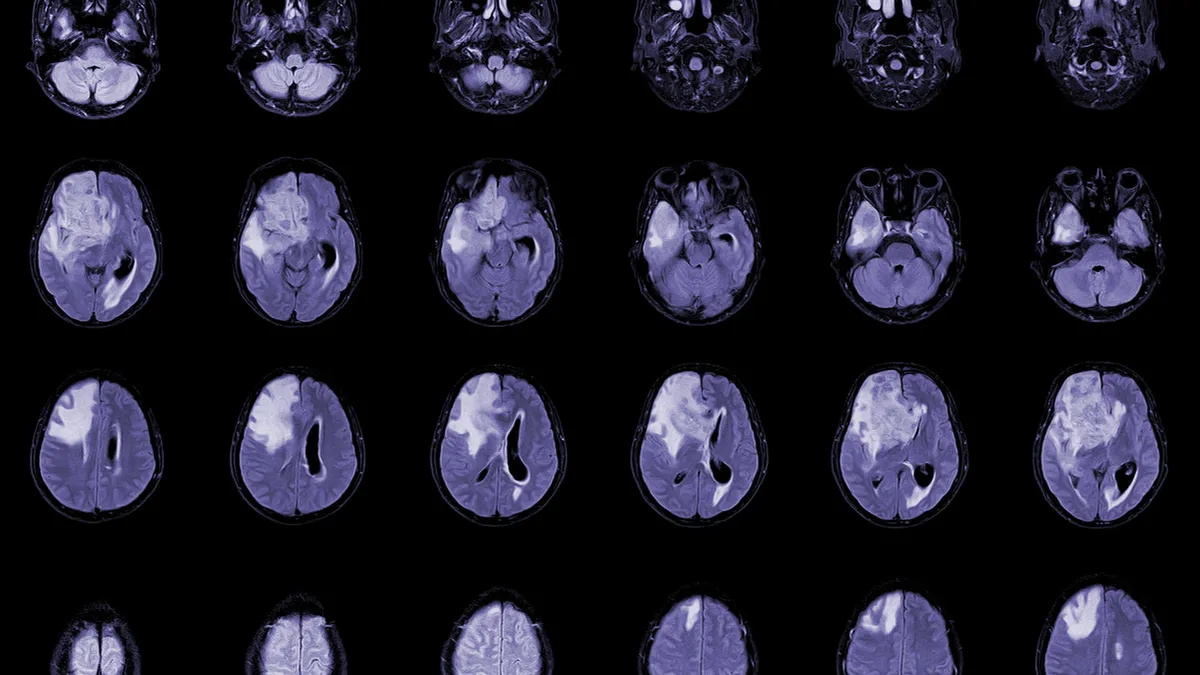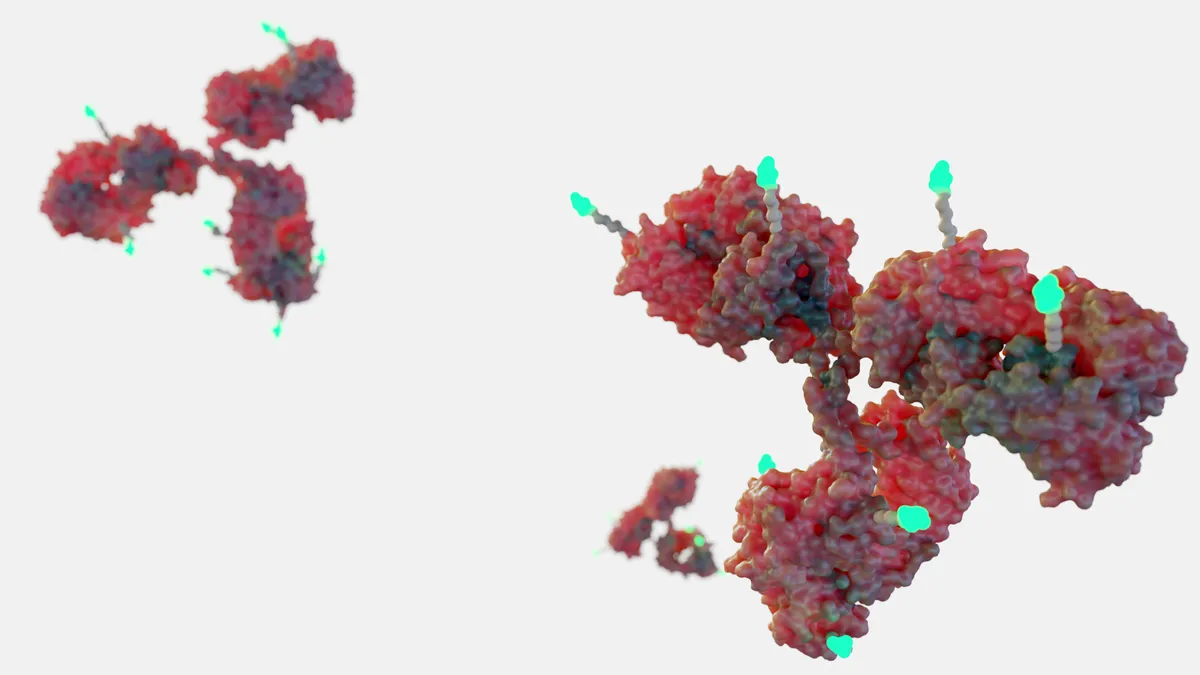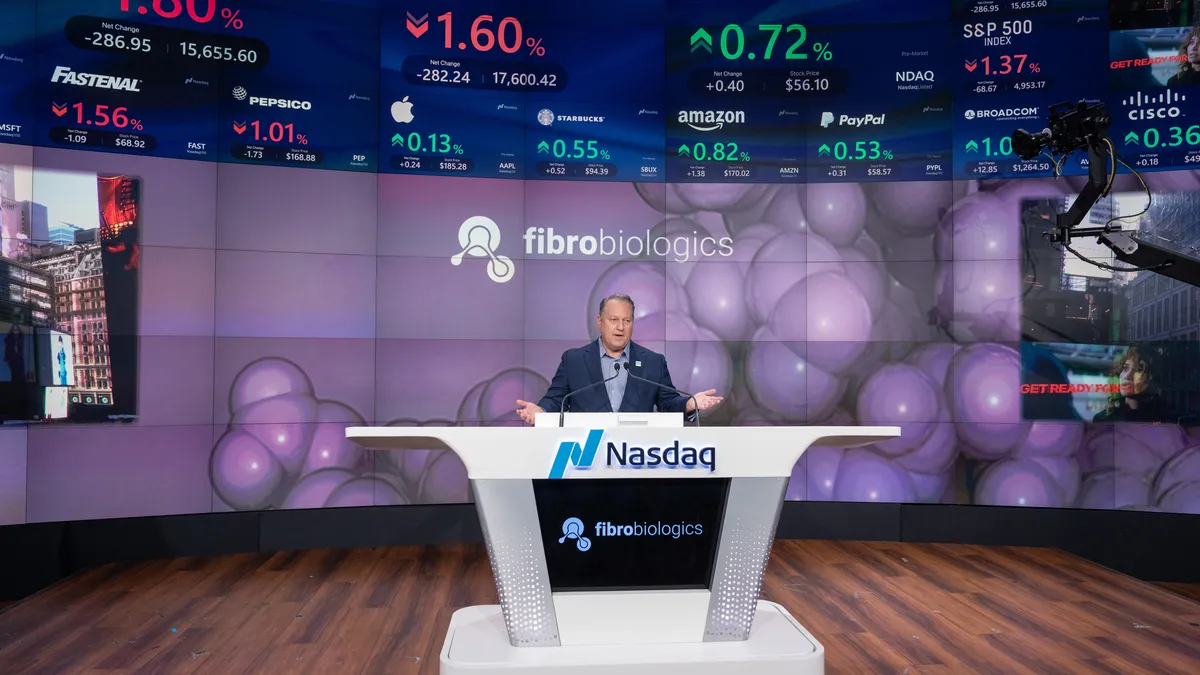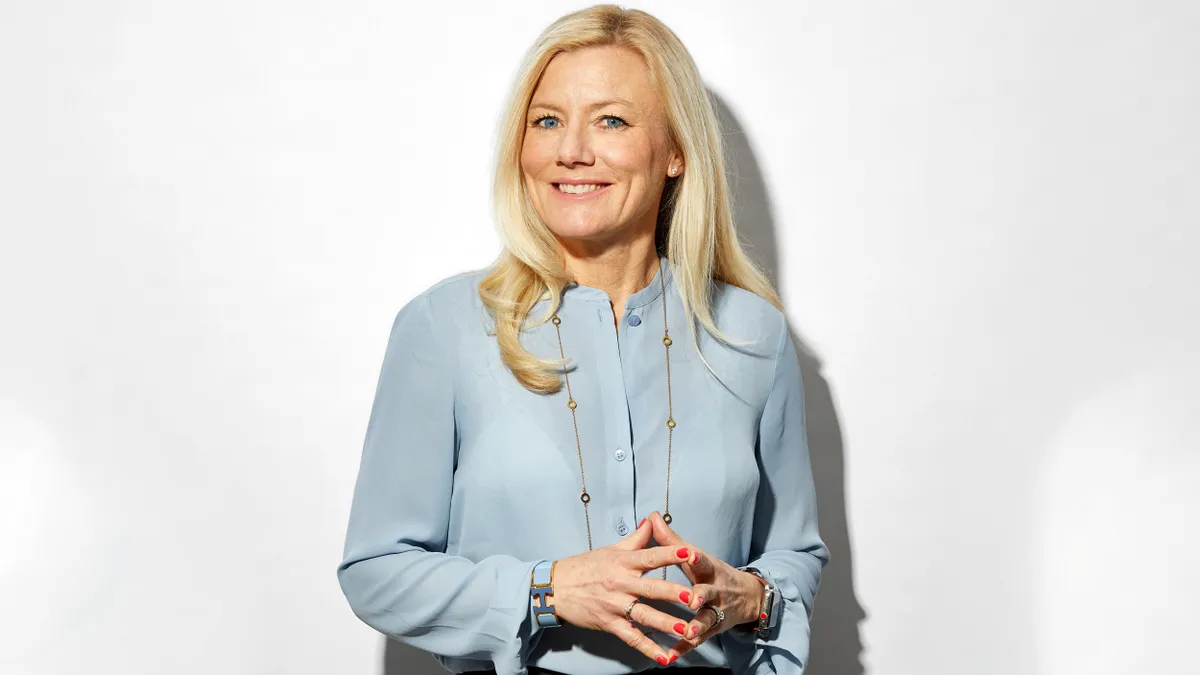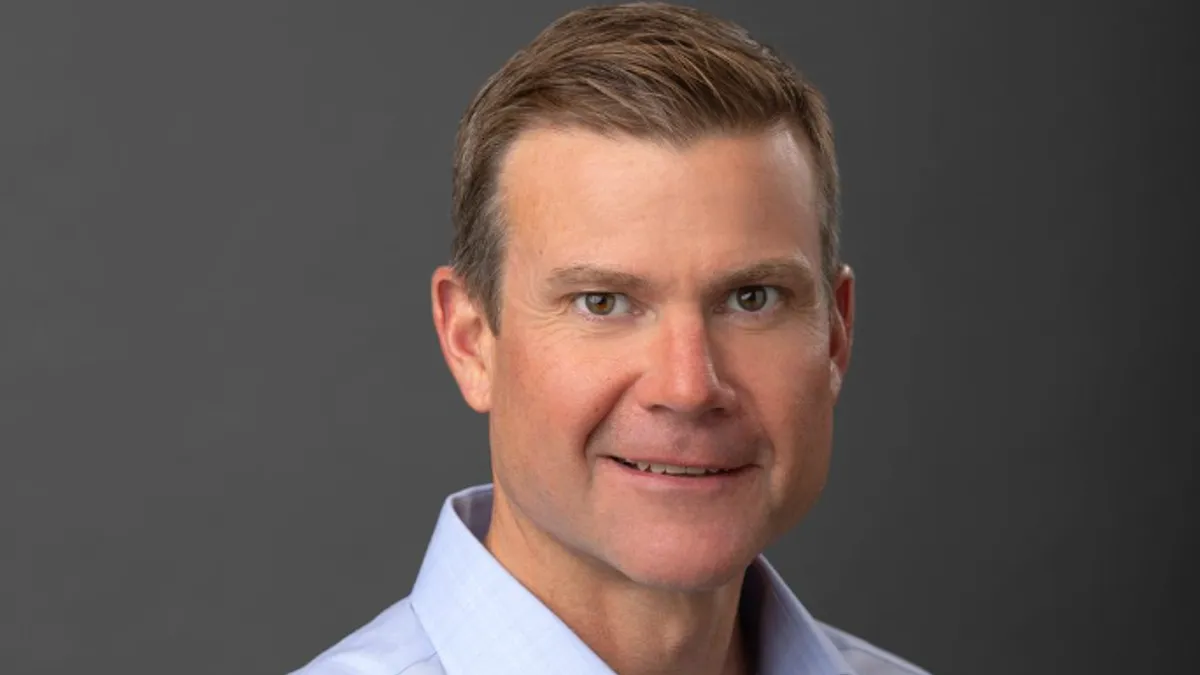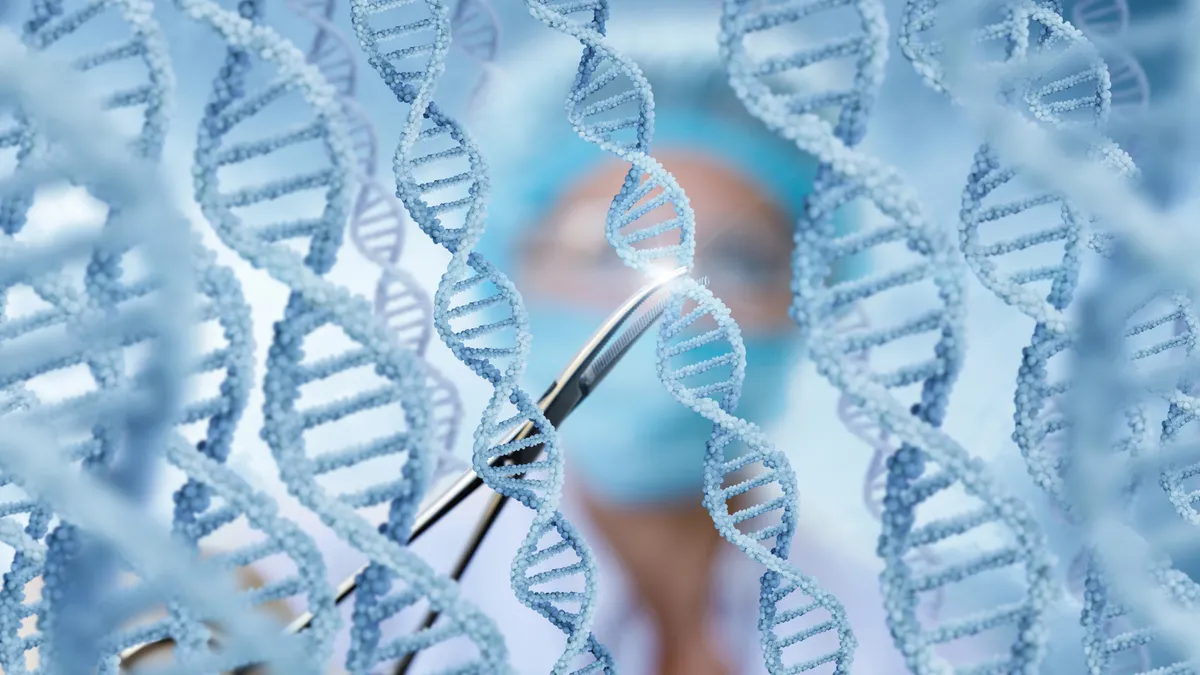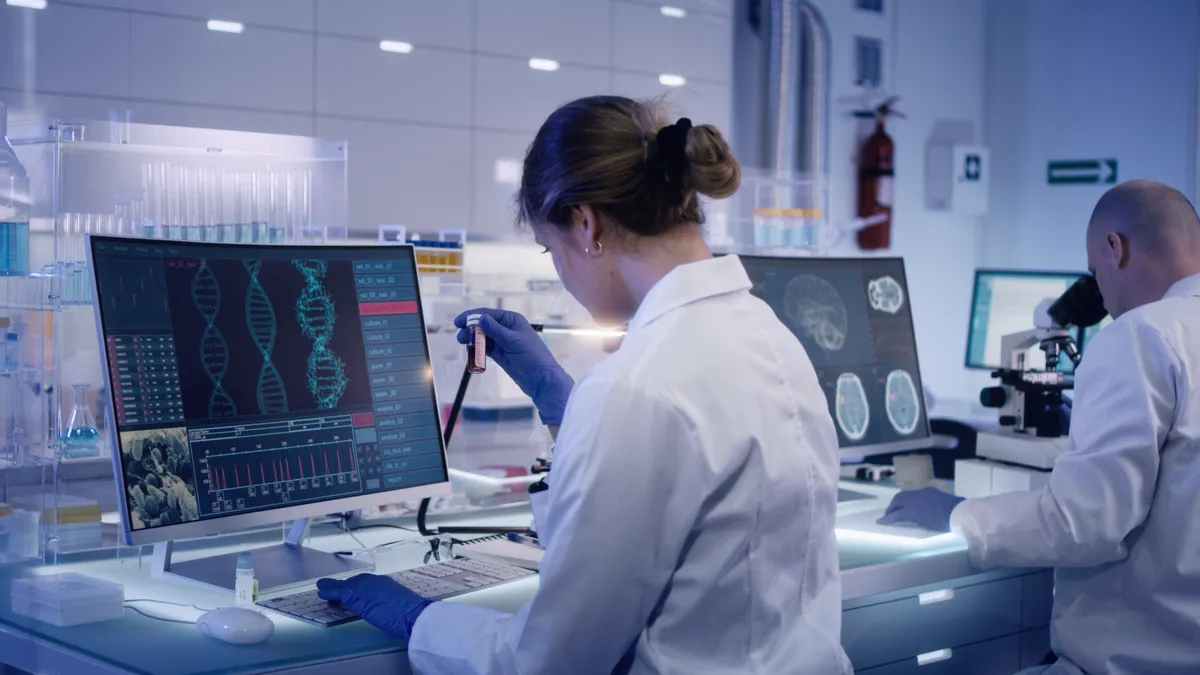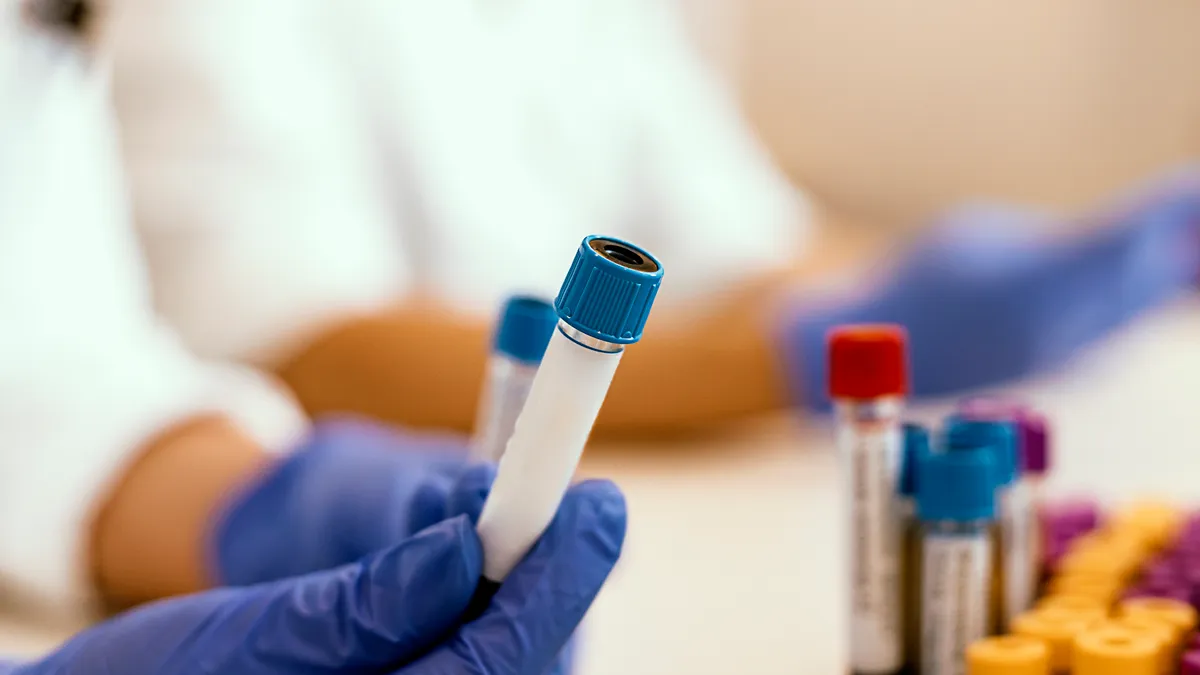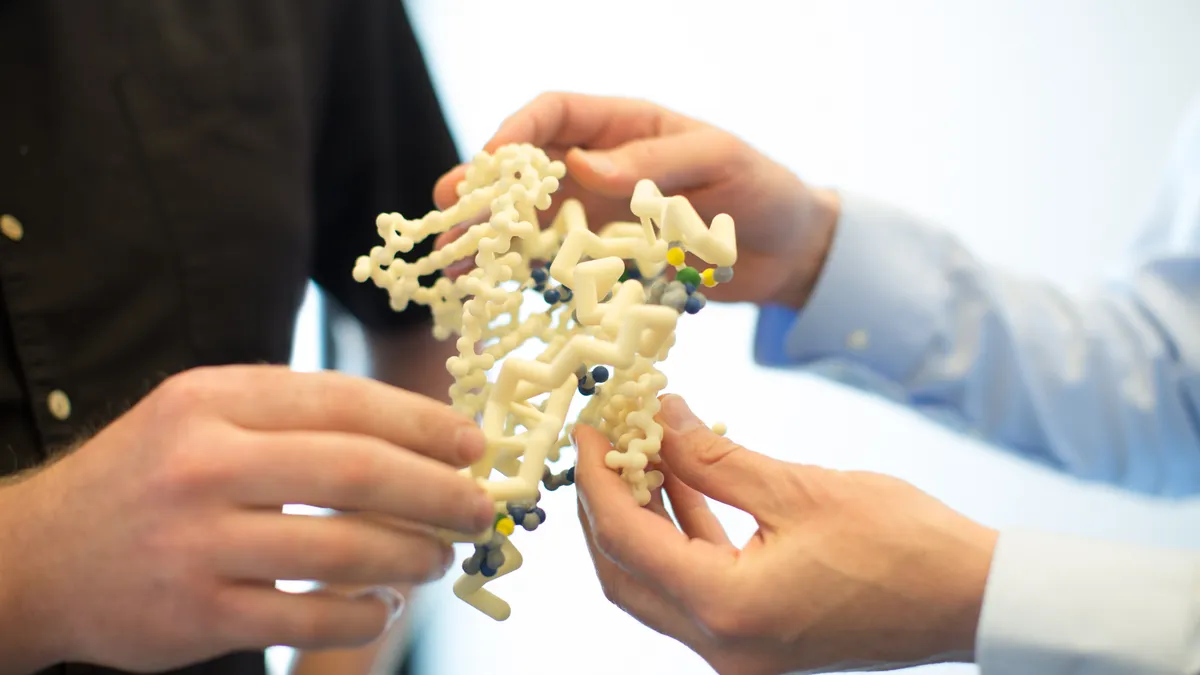Welcome to Biotech Spotlight, a series featuring companies with breakthrough technologies and strategies. Today, we’re looking at Evommune, a company developing immunological medicines using a different kind of testing mechanism — real human skin.
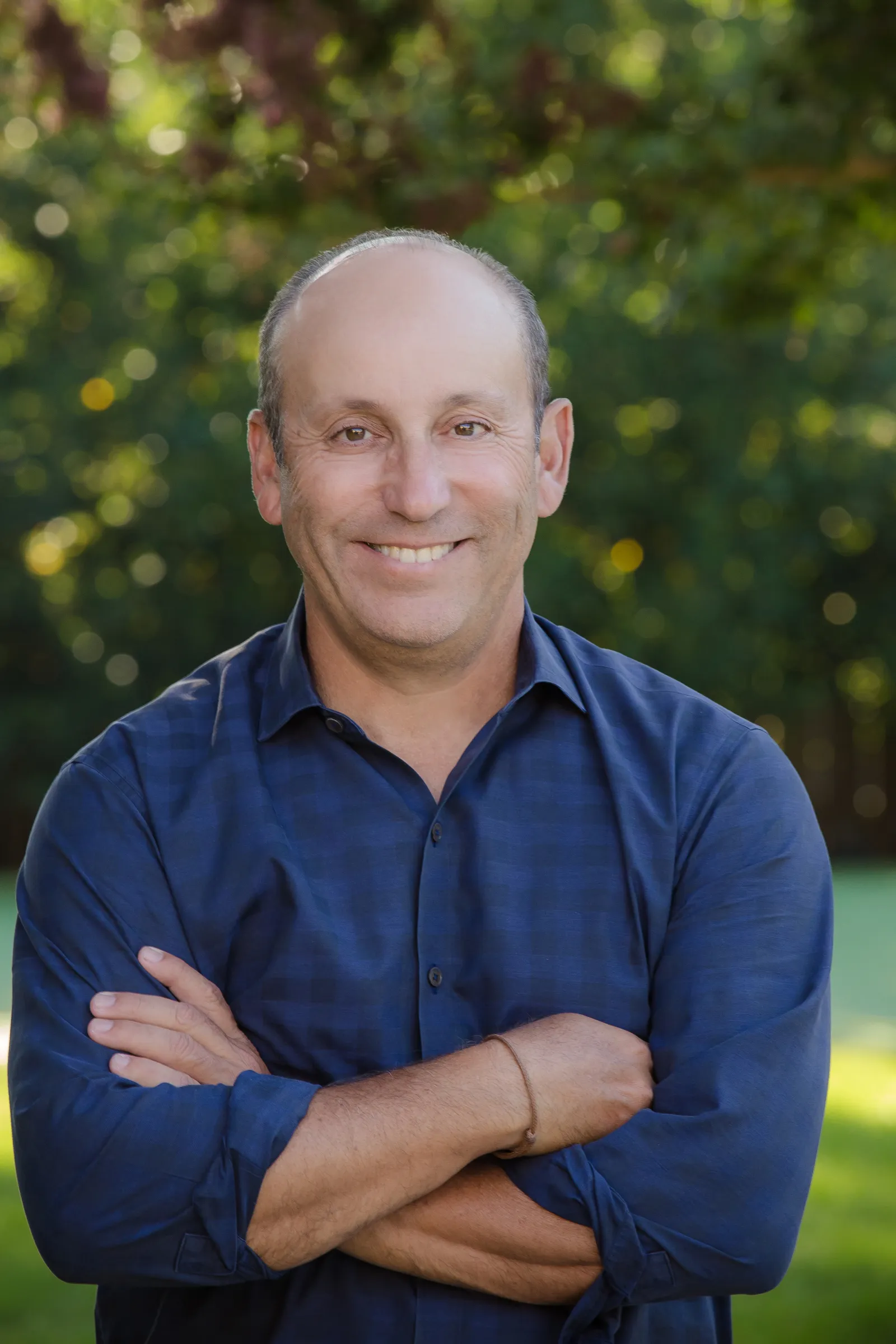
In focus with: Luis Peña, Evommune president and CEO
Evommune's vision: By applying immunology to skin diseases in a way that uses human tissue to reveal new pathways, Evommune is accelerating an atopic dermatitis therapy in mid-stage trials found with the company’s unique discovery process.
Why it matters: Autoimmune diseases affect between 14 million and 24 million people in the U.S., and the numbers are increasing, according to the Chronic Disease Research Group. Much of the market for diseases like atopic dermatitis and psoriasis is in injectable biologics, whereas Evommune is developing a cream.
The company’s strategy: With a unique partnership that gives it access to actual human skin, Evommune can test immunological medicines using samples that provide a real-life understanding of their effect on the human body. EVO101 is Evommune’s most advanced candidate in phase 2 trials for atopic dermatitis with several others in preclinical and discovery phases for conditions like psoriasis, urticaria and interstitial cystitis.
“We don't know of any company that has used a system like this on broad drug discovery,” said Evommune’s president and CEO Luis Peña in an interview.
Here, Peña talked more about the company's unique partnership with a local plastic surgeon, their approach to drug discovery and what it takes to be a good leader in biotech.
PHARMAVOICE: Immunology is such an expansive field with a huge market. What sets Evommune apart?
LUIS PEÑA: One of our core strengths is our unique discovery engine — not that no one has had it before, but the way we use it is unique from anyone else. We were able to get almost unlimited human skin by being right next to Stanford here in Palo Alto from a(n unassociated) tummy tuck lab where we're able to get the squares of skin that they've cut out. This is live human skin we're able to culture and keep alive for 14 days, and we're able to save people from hundreds of biopsies and use those to not only identify drugs that work but screen entire libraries. We don't know of any company that has used a system like this on broad drug discovery.
By getting large chunks of skin from normal donors, we're able to mimic a disease state and are then able to discover drugs by understanding what new molecule can potentially inhibit inflammation or not in a very high-throughput way with live tissue. We think that's very different from what any company is doing.
How did you form that partnership?
Hans Hofland is our senior vice president of research, and he's been working on this model his entire career. He's an immunologist and a skin biologist and this has been his life's work, evolving over multiple decades. We were able to set up a nice partnership with a clinic that does tummy tucks locally and they're able to provide skin for us on an ongoing basis. It's a unique opportunity for us and one that we can leverage for a broad discovery effort.
How do you choose which therapeutic areas to target?
That's based on where the opportunity is. So if you look at the IRAK4 inhibitor, our initial indication is in atopic dermatitis — if you look at the atopic dermatitis market, there are 10 million-plus patients in the U.S. alone that have atopic dermatitis and it's growing. Every existing drug out there, whether it's an antibody or any of the innovative drugs, the ceiling of great response is in about 50% of patients. You need new drugs that are going to break that ceiling.
What are some fundamental challenges for companies in the immunology space?
If you're going into a competitive area like atopic dermatitis or psoriasis, then you'd better make sure you have conviction around being differentiated and either being best in class from an efficacy perspective or by tolerability or duration. You need to be well grounded in terms of how this is going to be different or how it's a benefit to patients.
You came from Dermira along with a couple more of the leaders at Evommune. What did you learn leading at Dermira that you brought over?
There's been a great partnership. Our chief medical officer Eugene Bauer was the previous dean in the medical school at Stanford, and he has worked on a number of projects since he's been in the industry. We both have the same focus in terms of innovation. What we've learned to ask (is): What are the problems we're trying to solve? So many companies are formed around having access to a specific new project, and we're trying to look at it slightly differently (by) looking at the broader problems in immunology.
"If you're going into a competitive area like atopic dermatitis or psoriasis, then you'd better make sure you have conviction around being differentiated."

Luis Peña
President and CEO, Evommune
It's a more holistic approach, and not only from the perspective of how long they're going to work clinically, but how well they fit into the overall healthcare environment. I think companies need to look at things holistically like this so that you can help patients, because they need new drugs, but they also need access to these drugs. Certainly the biggest lesson for us was, you need to work on innovative drugs but also make sure that you keep track of where the healthcare environment is. Otherwise, all this work will be for naught.
What are the most important qualities of a leader in biotech?
Define the problem you're trying to solve. And then perseverance is a huge quality for being a leader. Developing drugs is difficult.
And then ultimately, you have to be excited about what you're doing. As a leader, you have to maintain that energy and excitement, but also be able to ask, are we working on the right things and working through problems the right way?



